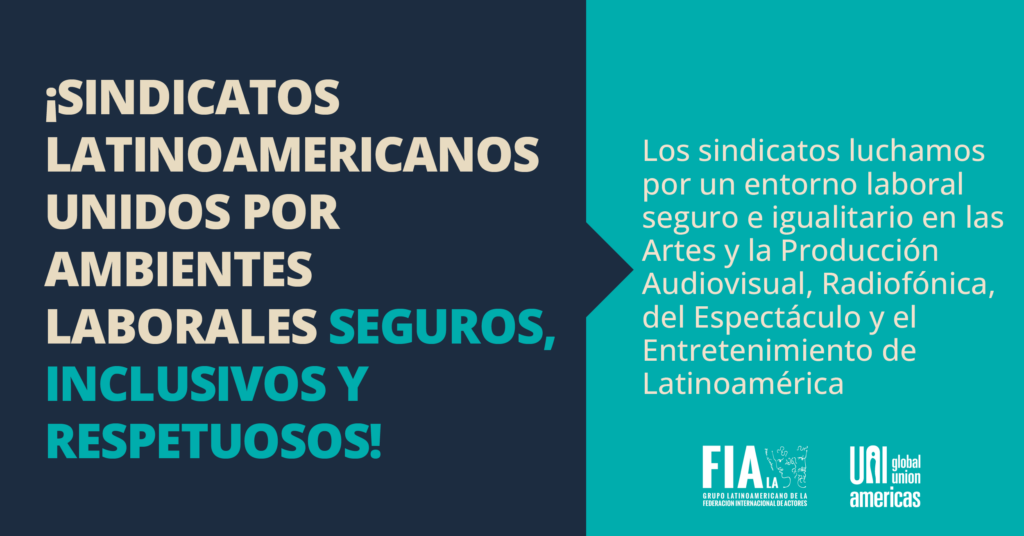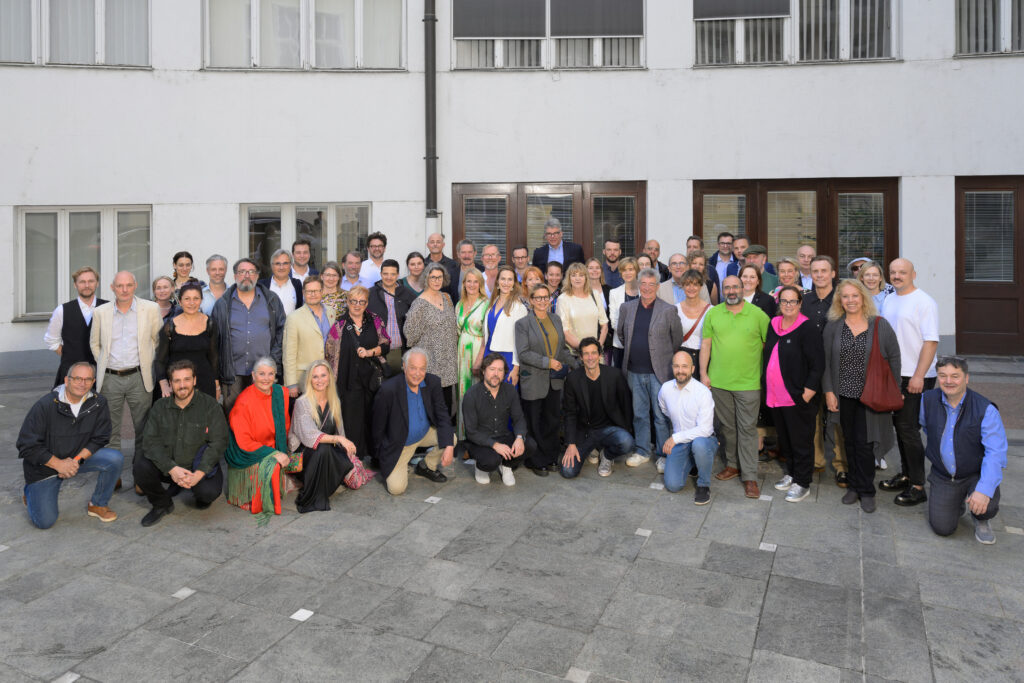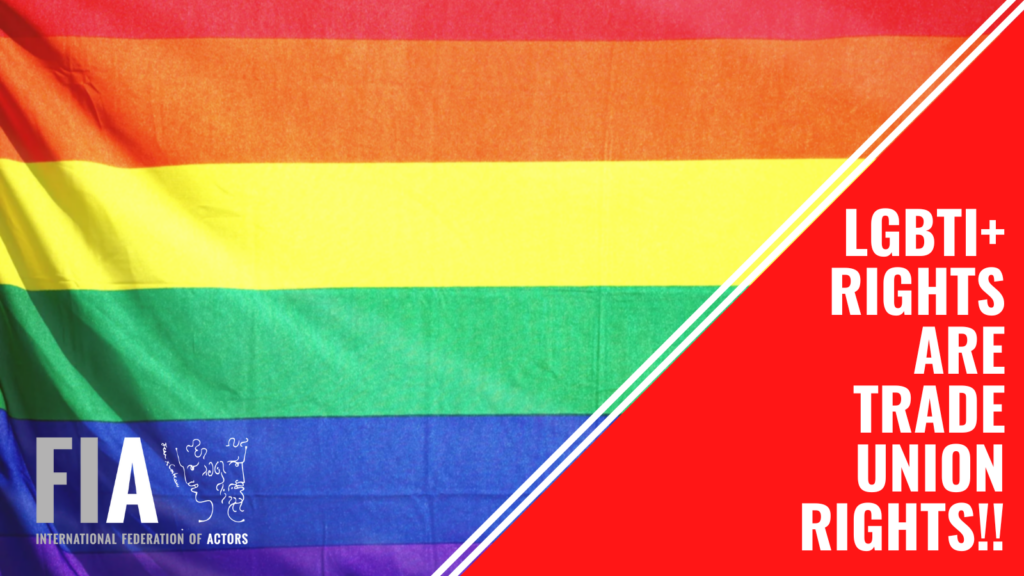Given the magnitude, scope, and similarity of challenges that performers were facing across the post-Soviet transitional economies the FIA affiliates in the Caucasus, East Europe and Central Asia concluded in 2016 that it would be in the best interests of the region’s performers to set up a regional group, in order to ensure that their specific concerns continued to be duly identified and addressed at the regional and global level within FIA. The Eurasian regional group of the International Federation of Actors (FIA-EA) was thus established and formally approved by the Executive Committee at its session in São Paulo. It currently brings together affiliated performers’ unions and guilds in Azerbaijan, Belarus, Georgia, Kazakhstan, Kyrgyzstan, Moldova, Russia, Tajikistan, and Ukraine.
The group intended to focus, inter alia, on identifying the challenges confronting the region’s performers that required support, advice and transfer of expertise from better established performers’ Unions in mature market economies; supporting the region’s FIA affiliates in their campaigns on such issues as collective bargaining, performers’ rights, membership retention and expansion, enhancement of social safety nets for performers, etc.; and helping to enhance the voice and participation of CEECA affiliates in the activities of FIA.
The principal challenges that the group members have been facing are inadequate protection of the performers’ IP rights; spreading casualization, atypical employment relationships, and loss of union foothold in the audiovisual sector; and three security-related challenges in the live performance sector, namely, lack of security of funding for the arts, security of employment for performers and security of income for older artists.
However, several crises of varying magnitude have weighed heavily on the situation in the Eurasian region and on the FIA affiliates in this part of the world since early 2020. The receding COVID-19 pandemic and a sequence of short-lived but bloody conflicts in Central Asia and the Caucasus were abruptly eclipsed on February 24, 2022, by a full-scale war unleashed against Ukraine. Apart from devastating economic and social consequences for Ukraine itself, the fallout from the war is adversely impacting the region’s economy through high energy and food prices, trade disruptions, tighter financial conditions, and shrinking fiscal space. The latter is affecting the region’s performers directly and disproportionately as the public and/or publicly subsidized sector continues to account for most of their employment opportunities and livelihoods. The Group coordinator has accordingly focused on supporting the efforts of the Ukrainian affiliate, Cultural Workers’ Union of Ukraine (CWUU), to cope with the massive impact of hostilities on Union members and performing artists in the affected regions and elsewhere, as well as on facilitating the efforts of FIA Secretariat and several affiliates to provide funding to CWUU through the Ukraine Solidarity Fund so as to cater to some of the most urgent needs of war-affected CWUU members.
The group’s expectations to boost the organizing of the audiovisual talent in at least a part of its territory, South Caucasus, through a joint multi-year capacity-building project with FIA and UNI-MEI funded by Union to Union were also thwarted by this combination of crises. The group hopes that alternative arrangements may still be devised when things get back to normal and, in the meantime, intends to make ampler use of advice and information on these issues provided by sister FIA unions. Moreover, given that the European Council has decided to open accession negotiations with two countries in which members of FIA-EA operate (Moldova and Ukraine), and the third country (Georgia) has obtained the EU accession candidate status, the group is encouraging these Unions to attend Euro-FIA events, as far as feasible and practicable.
Our affiliates across the region have continued to build a convincing case for culture funding in their day-to-day dealings with regional and municipal authorities who have now become the principal sources of finance for the sector, notably in the larger economies of the region such as Kazakhstan, Russia, and Ukraine. It is an uphill battle in which modest advances are interspersed with painful setbacks at this stage.
As regards the Beijing Treaty, just three of the region’s states – Armenia, Moldova, and Russia – have ratified it or acceded to it by now. Moreover, there are no improvements worth reporting at the moment in terms of the economic rights of audiovisual performers as buy-outs continue to reign across the region.
The Group used to hold at least one physical meeting a year, usually in conjunction with statutory meetings of FIA or Consultative Council of Cultural Workers’ Unions, a Eurasian regional trade union association to which most FIA-EA members are also affiliated. However, the political situation in the Eurasian region has made physical Group meetings impossible for the time being and compels us to rely on virtual meetings and conference calls.




